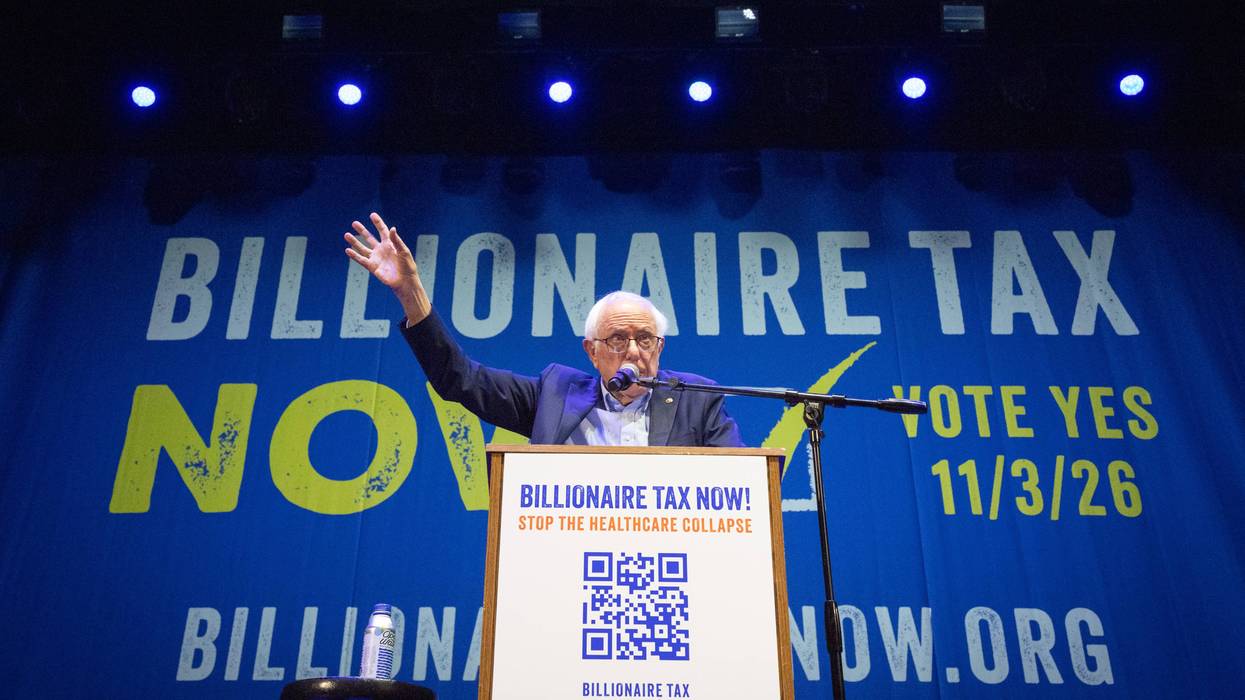Trump invoked the Defense Production Act, which has historically been used to spur production of supplies needed for national security, to guarantee the supply of herbicides containing glyphosate, claiming a lack of such weedkillers would "critically jeopardize agricultural productivity, adding pressure to the domestic food system."
Kennedy, who like Trump promised on the campaign trail to confront dangerous pesticides and chemicals, said in a statement that the executive order "puts America first where it matters most—our defense readiness and our food supply." He also hinted during his confirmation hearing last year that the administration would treat glyphosate as a critical supply for farmers.
Ken Cook, president and co-founder of the Environmental Working Group, which supported some aspects of Kennedy's "Make America Healthy Again" agenda, said he couldn't "envision a bigger middle finger to every MAHA mom than this."
“If anyone still wondered whether ‘Make America Healthy Again’ was a genuine commitment to protecting public health or a scam concocted by President Trump and RFK Jr. to rally health-conscious voters in 2024, today’s decision answers that question,” said Cook. “It’s a shocking betrayal to all of us but especially the people who live and work near farm fields where glyphosate is used."
In addition to being linked to cancer, glyphosate has also been found to cause reproductive harms in some studies.
Zen Honeycutt, founder of the pro-MAHA group Moms Across America, said she was "disgusted" by the executive order.
The use of the Defense Production Act could provide Bayer, the pharmaceutical company that acquired herbicide maker Monsanto in 2018, with legal immunity if it is challenged in court again in public health lawsuits.
The executive order is "clearly designed to offer a broad immunity,” Brett Hartl, director of government affairs for the Center for Biological Diversity, told the New York Times.
The order comes months after a major study that had determined glyphosate was safe for humans was retracted by Regulatory Toxicology and Pharmacology, the scientific journal that had published it. It was found that scientists at Monsanto had participated in gathering data for, writing, and reviewing the paper, and that other authors had received compensation from the company for their work. The journal cited “serious ethical concerns regarding the independence and accountability of the authors" when it retracted the article.
The executive order was also announced a year after Bayer donated $1 million to Trump's inaugural committee.
During Trump's first term in 2017, two years after WHO determined glyphosate was carcinogenic, the US Environmental Protection Agency issued a finding that the chemical—which is used widely on soybeans, corn, and wheat and in home gardens—was safe.
This week, Bayer announced it had reached a deal to pay $7.25 billion to settle tens of thousands of health lawsuits regarding Roundup, the product that includes glyphosate as its active ingredient. The company continues to claim the herbicide is safe.
“By granting immunity to the makers of the nation's most widely used pesticide, President Trump just gave Bayer a license to poison people," said Cook. "Full stop.”





